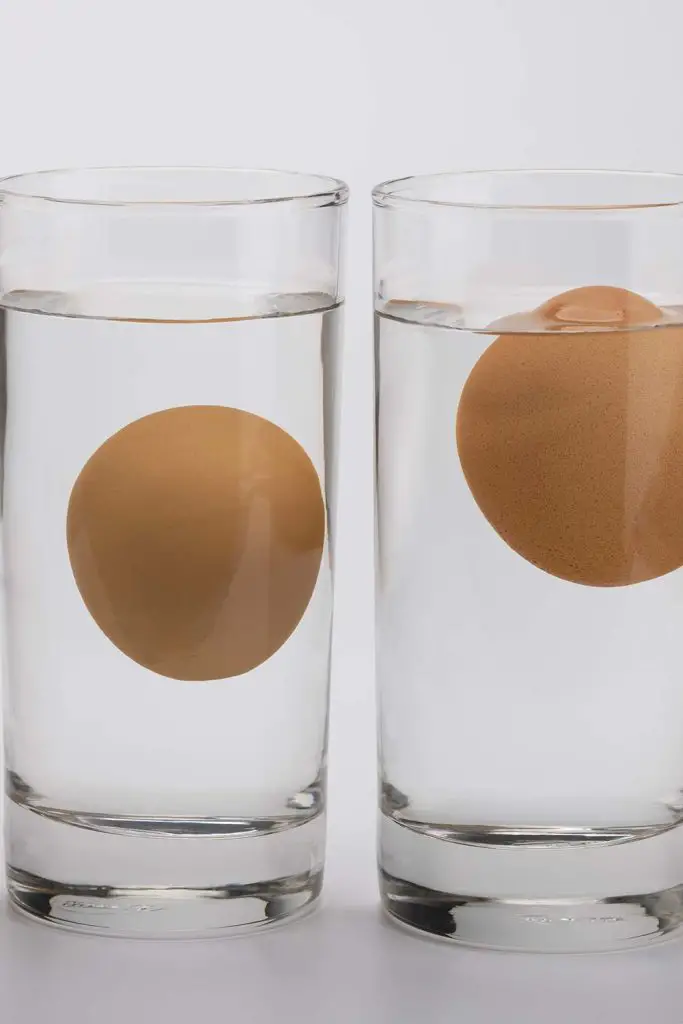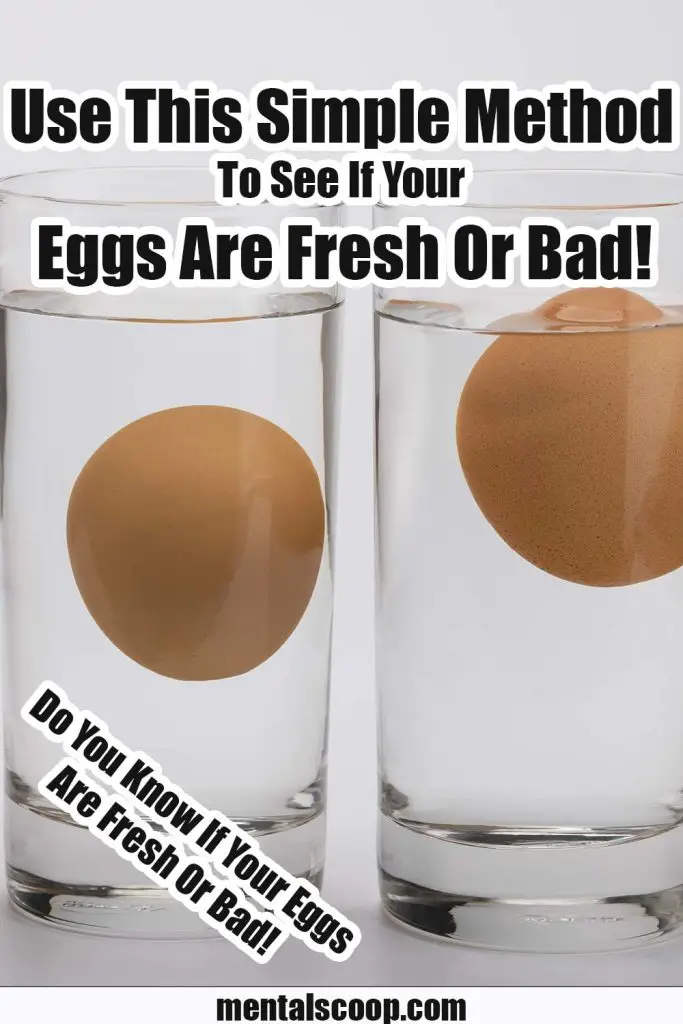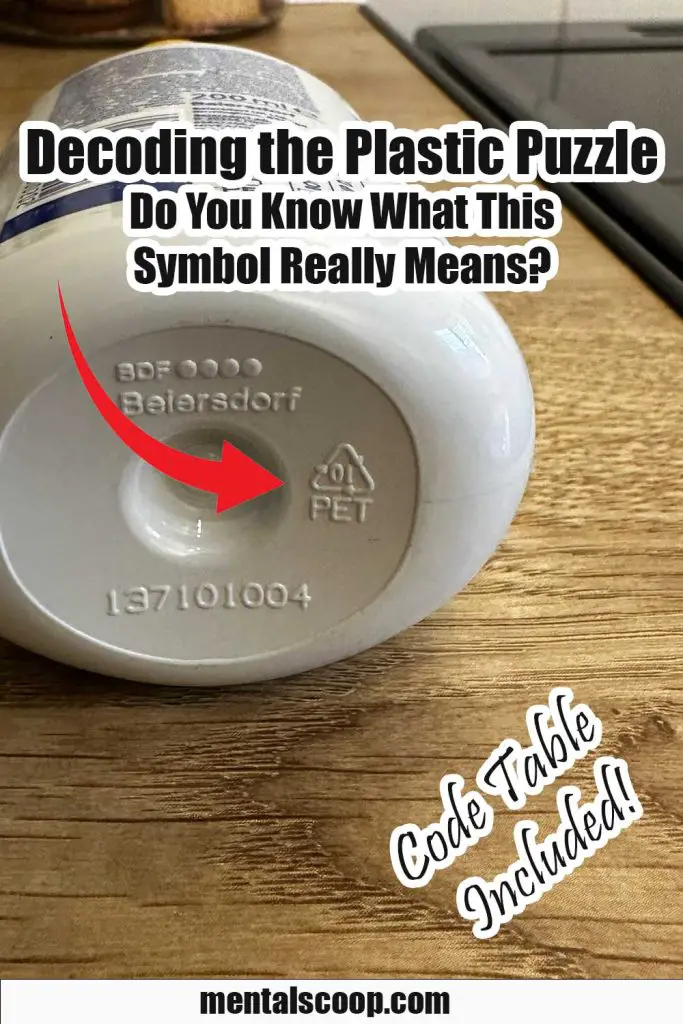Use This Simple Method To See If Your Eggs Are Fresh Or Bad!

Eggs are a staple in many households, and knowing if they are fresh or spoiled is crucial for both taste and safety. While expiration dates provide some guidance, they are not always foolproof.
Luckily, there’s a simple method you can use to check the freshness of your eggs without cracking them open. In this article, we’ll explore this method and explain why it works.
By following these steps, you’ll be able to confidently identify fresh eggs, ensuring that you make the most of this versatile ingredient in your culinary endeavors.
The Water Test
One of the easiest and most reliable ways to determine the freshness of an egg is by conducting the water test. This method involves placing an egg in a container of water and observing its behavior. Here’s how you can perform the water test:
Gather your materials:
You’ll need a bowl or glass filled with water, and of course, the eggs you want to test.
Select a suitable container:
Ensure that the bowl or glass is deep enough to submerge the eggs completely. It should also be transparent, allowing you to observe the eggs easily.
Test the egg:
Take one egg at a time and gently place it in the water. Observe its behavior to make your assessment:
Fresh eggs:
A fresh egg will sink to the bottom of the container and lay horizontally. This is because fresh eggs have less air inside, causing them to be denser and sink in water. They will also have a rounded yolk.
Less fresh, but still good eggs:
If the egg floats at an angle or stands upright on the bottom, it is not as fresh but is still safe to consume. As eggs age, air enters through the porous shell, causing the egg to float partially. These eggs are ideal for hard-boiling or baking.
Spoiled eggs:
If the egg floats at the surface of the water, it is likely spoiled and should be discarded immediately. As eggs deteriorate, bacteria multiply, producing gas inside the shell, which causes the egg to float. Never consume a rotten egg, as it poses health risks.
Why Does the Water Test Work?
The water test is based on the principle of egg density. Fresh eggs have a higher density because they contain less air. As eggs age, air penetrates the porous shell, making them less dense. By observing the egg’s behavior in water, you can determine the amount of air inside and its freshness.
It’s important to note that an egg can still be fresh and float slightly due to a small air pocket. However, the more it floats, the more air it contains, indicating a decrease in freshness.
Additional Tips for Egg Freshness
While the water test is a reliable method for checking egg freshness, here are a few additional tips to consider:
Purchase from reputable sources:
Buy eggs from trusted suppliers and stores with good turnover rates. Fresher eggs will generally have a longer shelf life.
Check expiration dates:
Always look at the expiration or “best before” dates on the egg carton. Though not foolproof, they can provide a general guideline for freshness.
Store eggs properly:
Eggs should be stored in their original carton in the refrigerator’s main compartment, rather than the door where the temperature fluctuates more. This helps maintain their freshness for a longer time.
Practice proper egg handling:
Handle eggs with clean hands and avoid cracking them unnecessarily. Cracks in the shell can lead to bacterial contamination.
Conduct the sniff test:
If you’re unsure about an egg’s freshness after performing the water test, you can further evaluate it bygiving it a sniff. A fresh egg will have a neutral or slightly grassy smell. If you detect a foul or sulfur-like odor, it indicates spoilage, and the egg should be discarded.

More interesting articles you may be interested in reading:

Potato Grow Bags: The Key to a Convenient, Pest-free, and Bountiful Harvest
Fluffy Miniature Cows Are SO CUTE and They Make GREAT PETS.
20 Ways to Deter Rabbits from Eating Your Garden
How To Get Rid Of Wasps With Just A Brown Paper Bag
How To Get Rid Of Any Burrowing Animals With This Dawn Soap Solution
Thanks for reading and be sure to share this info with your friends using the social share buttons below.
Talking about social stuff, consider liking our Facebook page to keep up to date with our articles. Check out our other articles for more mental scoops!
